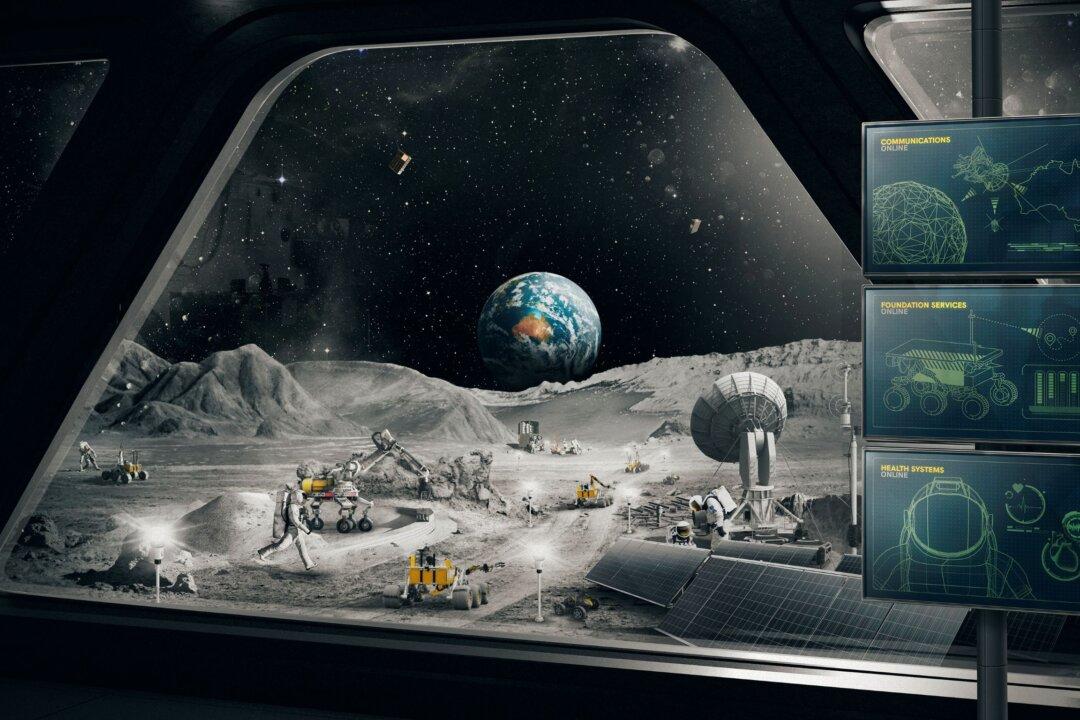Blue Origin and Sierra Space have upped the space game with the announcement of a mixed-use business park, floating in low Earth orbit, slated to be launched sometime in the second half of this decade.
The 32,000-square-foot Orbital Reef space station is designed with multiple purposes, and will “provide anyone with the opportunity to establish their own address on orbit.” Flying over the planet in a “mid-inclination, 500-kilometer orbit,” the station offers space environment leases for “scientific research, exploration system development, invention and manufacture of new and unique products, media and advertising, or exotic hospitality.”





